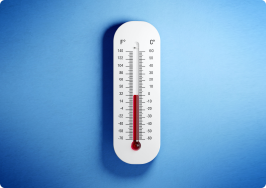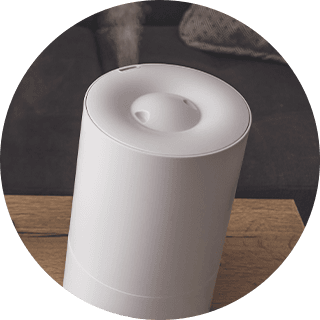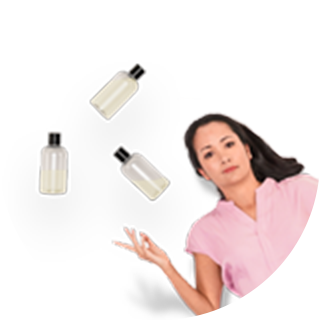When the temperature goes down & your eczema heats up
Tips for coping with eczema in the winter
The holiday season is a big deal here at Eczema HQ—and not just because of our annual karaoke party and cookie contest. We also know that this time of year can mean big changes for some people living with eczema. The cold winter can worsen your condition. Scientists have a few ideas as to why, but today we’ll focus on a major one: dry air.
Low humidity (AKA very dry air) can remove moisture from the skin, which can then aggravate symptoms like that eczema itch. If you guessed that air humidity drops as the temperature does, you’re spot on. To make matters worse, people tend to turn up the heat inside during the winter. This dries out the air even more. So, the EHQ Team rounded up tips to help keep your condition in check—which, as always, should be in addition to your doctor-prescribed treatment plan.


Break out a humidifier
Humidifiers are designed to boost the level of moisture in the air. There’s no evidence to promise they can improve eczema symptoms, but adding one to your home may be worth a shot. Prefer a low-cost alternative? Leaving out a bowl of water can have a similar effect.

Find a heavier-duty moisturizer
Moisturizers strengthen your skin barrier, increase hydration, and lessen or prevent symptoms. They’re an essential part of eczema sufferers’ skin care routine 365 days a year. But moisturizers are also the best way to protect against “winter itch.” You may need to up the ante with an ointment rather than a cream. Talk to your doctor to see which kind may be right for you. Don’t forget to apply a little extra to the hands and face if you plan to go outside on a cold day.

Dress in eczema-friendly layers
Be careful how you bundle up. Trade warm wooly mittens for silk gloves—or wear them underneath. Stay away from scratchy hats, scarves, and sweaters made from wool, too. They can make even people without eczema itchy. Instead, go for breathable cotton wear. Clothing made from bamboo is a fine option as well. Not only will it keep you toasty—it also has antibacterial properties. Rock these materials in layers. You can add on and take off easily, so you’re better able to adjust your body temperature.
The scientific takeaway
Clearly, the cold can take its toll. But it’s important to remember everyone’s eczema experience is different. In fact, for others, the high humidity of summer can lead to more sweating and may trigger prickly heat-type symptoms. No matter what the seasons bring for your eczema, continue to monitor your symptoms and share the details with your doctor.



